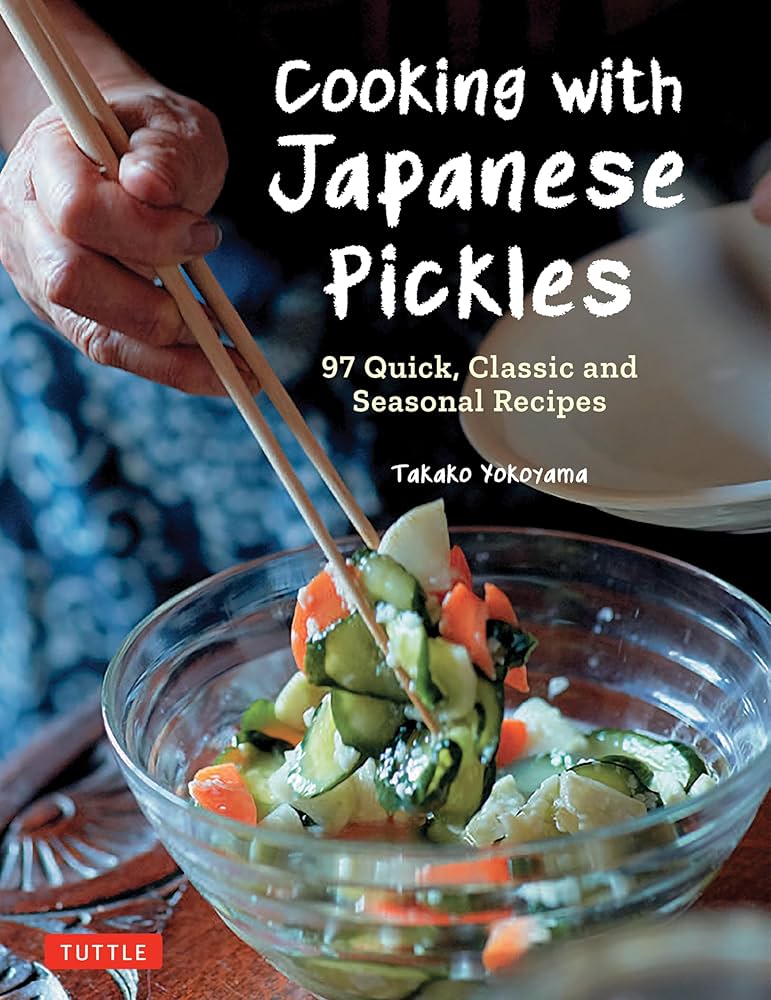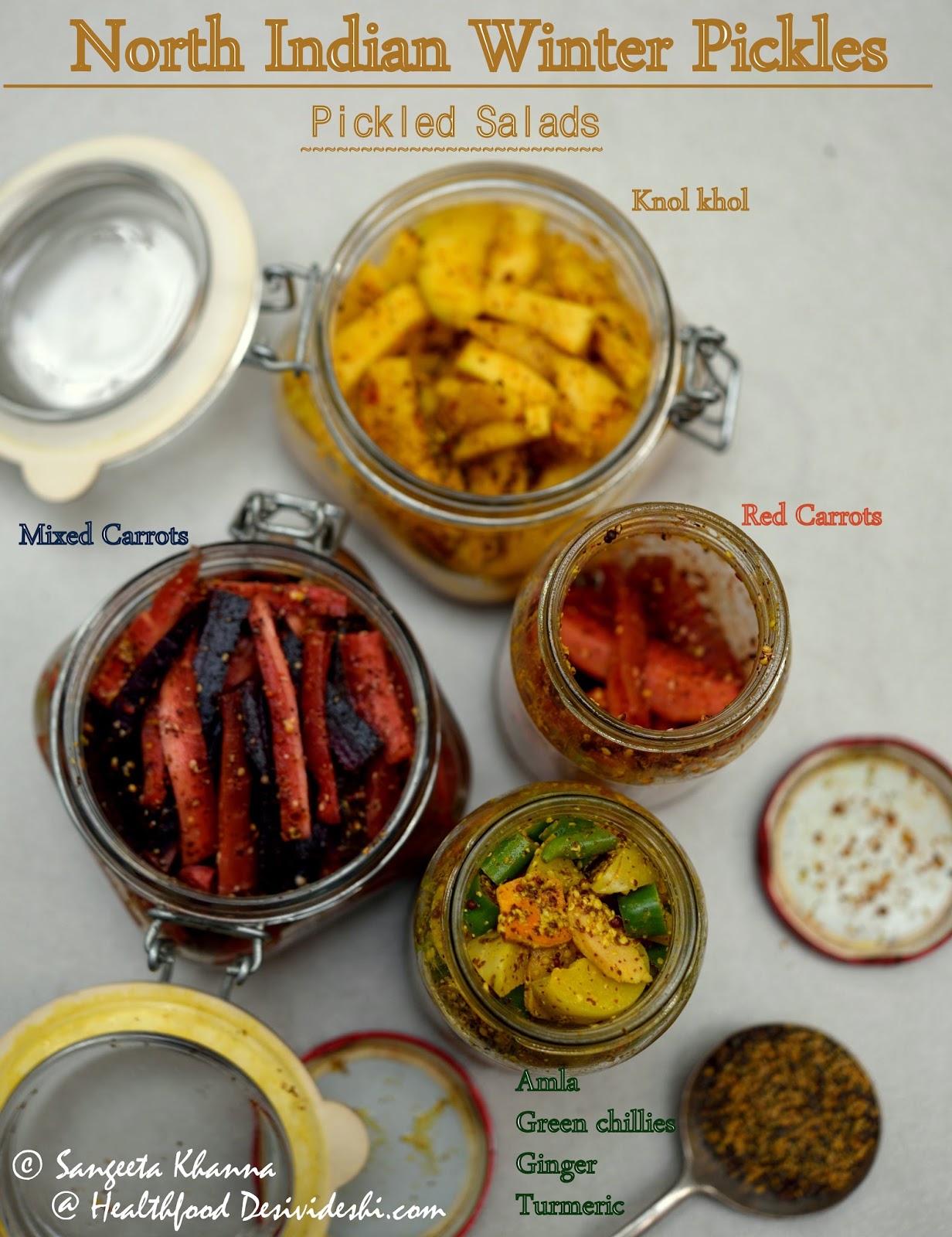The Cultural Significance of Cabbage in Anishinaabemowin Cuisine
As a pickle enthusiast, I’ve always been fascinated by the humble cabbage. But did you know that this crunchy, delicious vegetable holds a special place in the hearts of the Anishinaabemowin people? In this article, I’ll delve into the cultural significance of cabbage in Anishinaabemowin cuisine and explore its importance in preserving traditional foodways.
Harvesting cabbage in the Anishinaabemowin tradition
Growing up, I remember my grandmother telling me stories about the importance of preserving food for the winter months. She would spend hours canning, pickling, and freezing fruits and vegetables to ensure our family had enough to eat during the harsh winter. Cabbage was always a staple in our household, and I remember the smell of sauerkraut fermenting in the basement.
As I learned more about the Anishinaabemowin people, I discovered that cabbage played a significant role in their traditional cuisine. In the Anishinaabemowin language, cabbage is called “Gichi-aniibiish(an)”, which roughly translates to “big-leafed”. Cabbage was a vital crop in the Anishinaabemowin diet, providing essential nutrients during the long winter months.
A traditional Anishinaabemowin cabbage dish
The Miijim (Food) Card Project, a collaborative effort between the Sault Ste. Marie Tribe of Chippewa Indians, MSU Extension, and the Tribal Food Sovereignty Collaborative, is an excellent example of preserving traditional foodways. This project involved creating a series of cards featuring hand-drawn miijim items available at the Brimley Bay Mills Farmer’s Market, paired with the names of each food item in Anishinaabemowin.
“This project came about after the students visited their local market, which left them wondering if there was a way to incorporate their culture and language more fully into this important hub for the community.” - Miijim (Food) Card Project
A bustling farmer’s market in Sault Ste. Marie, Michigan
As I reflect on my own experiences with cabbage, I realize how much I took for granted the cultural significance of this humble vegetable. The Anishinaabemowin people have a rich tradition of preserving food, and cabbage is an integral part of that tradition. By exploring the cultural significance of cabbage, I hope to raise awareness about the importance of preserving traditional foodways and the rich cultural heritage of the Anishinaabemowin people.
Harvesting cabbage in the Anishinaabemowin tradition


 Photo by
Photo by 









